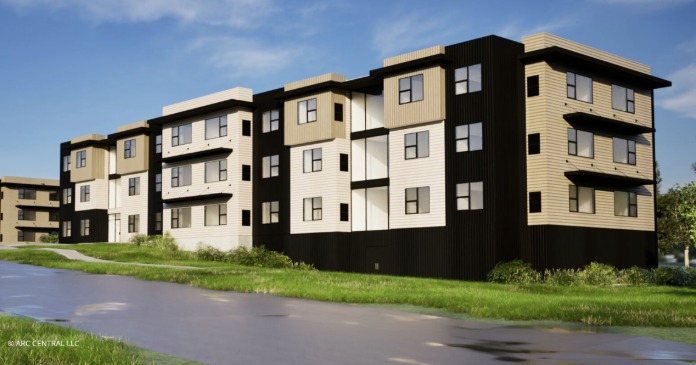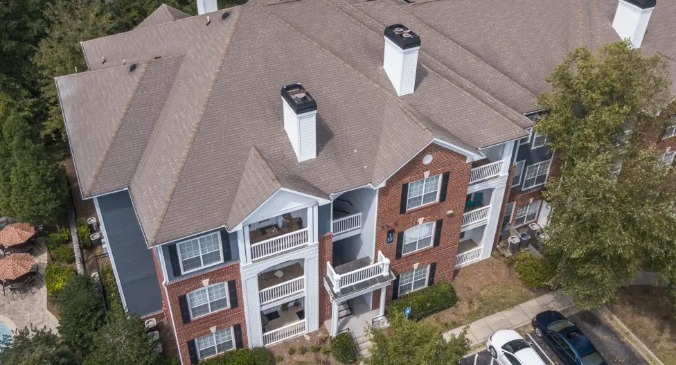America’s renters and housing providers are facing unprecedented financial hardships due to the outbreak of COVID-19 and are struggling to meet their financial obligations.
As the financial distress from the outbreak of COVID-19 continues, the National Multifamily Housing Council (NMHC), on behalf of the 40 million Americans who call an apartment home and the 17.5 million jobs the industry supports, is working with its members on effective eviction mitigation strategies, recognizing that an eviction is a painful, expensive process for all involved and is only ever taken as a matter of last resort.
To that end, NMHC suggests firms consider the following actions:
- Avoiding evictions and late fees for those residents who can document financial hardship related to COVID-19 and demonstrate eligibility for available government assistance or relief benefits.
- Continuing to freeze rent increases for residents who can document financial hardship related to COVID-19.
- Supporting residents with a demonstrated COVID-19 hardship through flexible payment plans, deferments and other options to help them meet their obligations.
- Working with residents to identify and access federal, state, city and charitable resources that may provide relief and other benefits.
- Encouraging residents who can afford to pay their rent to continue to do so even if there is an eviction moratorium in place in their jurisdiction, not only to honor their lease obligation and support the operation of the property where they live, but also to avoid negative consequences to their financial standing going forward.
- Helping minimize dislocation by exploring eviction mitigation options and considering policies that deter displacement like grace periods and reasonable cure periods before finalizing an eviction.
The apartment industry is working hard to keep residents housed at a time when housing means health, but many housing providers are struggling to meet their own financial obligations when renters are unable to pay their rent. Housing providers rely on rental payments to cover their mortgages, property taxes, personnel and maintenance and repairs. In fact, on average, only nine cents in a dollar of rent is owner return.
Apartment firms are stepping up, but they also need help from Congress and the Trump administration in the form of financial assistance to support renters impacted by the pandemic, namely rental assistance and continued enhanced unemployment benefits.
These efforts will ensure that renters are protected during the outbreak by keeping them housed, prevent a growing number of evictions and avoid making the housing affordability crisis the country was already facing from becoming even more severe.












